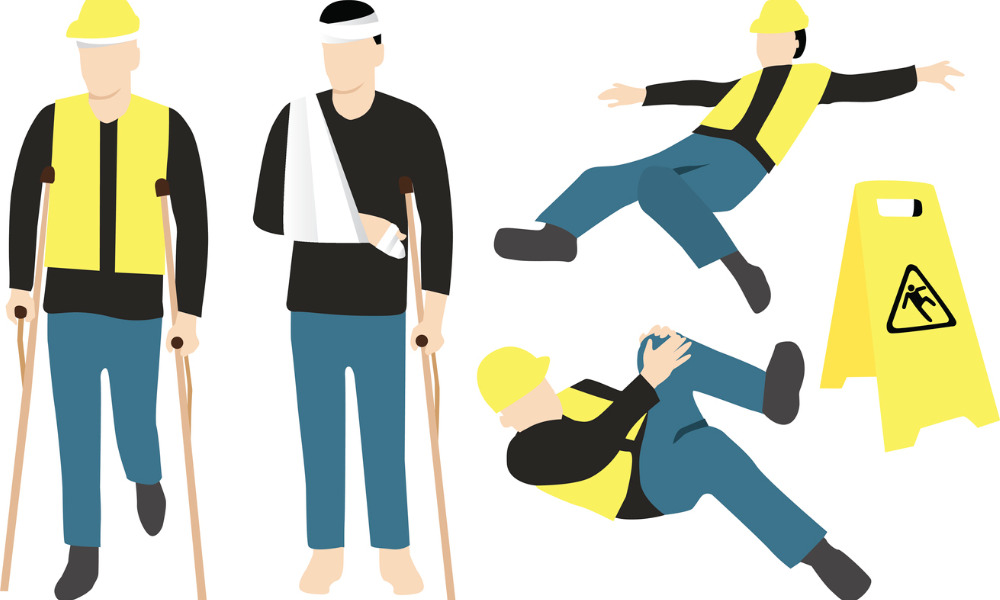Will fast-track implementation of COVID-19 presumption determinations

British Columbia has given Bill 23 royal assent, introducing changes to the Workers Compensation Act.
The changes are intended to better support injured workers and their families, says the government, and enhance WorkSafeBC’s ability to investigate workplace incidents, while keeping premiums low.
The proposed changes include:
- increasing the maximum insurable earnings to $100,000 from $87,100 so that at least 90 per cent of B.C.’s workers will have 100 per cent of their earnings covered if they are unable to work due to a workplace injury
- allowing WorkSafeBC to determine a worker’s retirement date, therefore the date loss-of-earnings benefits would end when that worker is nearing age 65, rather than at the time of injury to better determine whether someone may work past the age of 65 and continue receiving benefits
- eliminating the existing test for determining when the loss of earnings or the loss of function method should be used in calculating benefits and ensuring workers will always receive the disability payment that is the higher of the two
- giving WorkSafeBC the powers of search and seizure for workplace investigations (through judge-granted warrants) through the Workers Compensation Act, rather than the Offence Act
- allowing the Workers’ Compensation Appeal Tribunal to hear cases relating to the Charter of Rights and Freedoms or the Human Rights Code
“For too many years, we have heard from injured workers in B.C. that the system lacks fairness and doesn’t work for them or support them through their injuries,” said Harry Bains, minister of labour. “Today’s changes are an important step in modernizing the Workers Compensation Act, ensuring workers and their families get the support they need, while also increasing everyone’s confidence in the system.”
The legislation will fast-track the effective date of presumptions if established by WorkSafeBC’s board of directors for occupational diseases caused by viral pathogens. The presumption would simplify the process for workers who make a workers’ compensation claim if they contract viruses on the job. This would ensure that people who are at higher risk of contracting COVID-19 can access benefits more quickly, said the government.
Mixed reaction
But the Electrical Contractors Association of British Columbia (ECABC) expressed concerns over the bill, saying it has the potential “to add substantial costs to the workers’ compensation system, which would inevitably result in increased employer premiums paid by our members.”
“Now is not an appropriate time to be increasing costs on businesses,” said Deborah Cahill, ECABC president.
The legislation includes language that would reportedly fast track implementation of a WorkSafeBC COVID-19 presumption determination but “this step independently is problematic, as the policy lacks scientific and medical evidence based on current information, and also appears likely to duplicate the intent of a national sick pay program that appears likely to be implemented later this year with the support of recently-announced federal funding,” she said.
However, after the bill passed the third reading, the BC Government and Service Employees' Union (BCGEU) expressed its appreciation for the government effort.
“With the passing of Bill 23’s third reading, government has begun to restore balance to B.C.’s workers’ compensation system by prioritizing the needs of injured workers - including making COVID-19 a presumptive condition so workers infected on the job get benefits quickly,” says BCGEU on Twitter.
Canadian HR Reporter talked to Malini Vijaykumar, associate lawyer at Nelligan Law in Ottawa, for some legal insights when it comes to keeping employees safe amid the COVID-19 pandemic.




